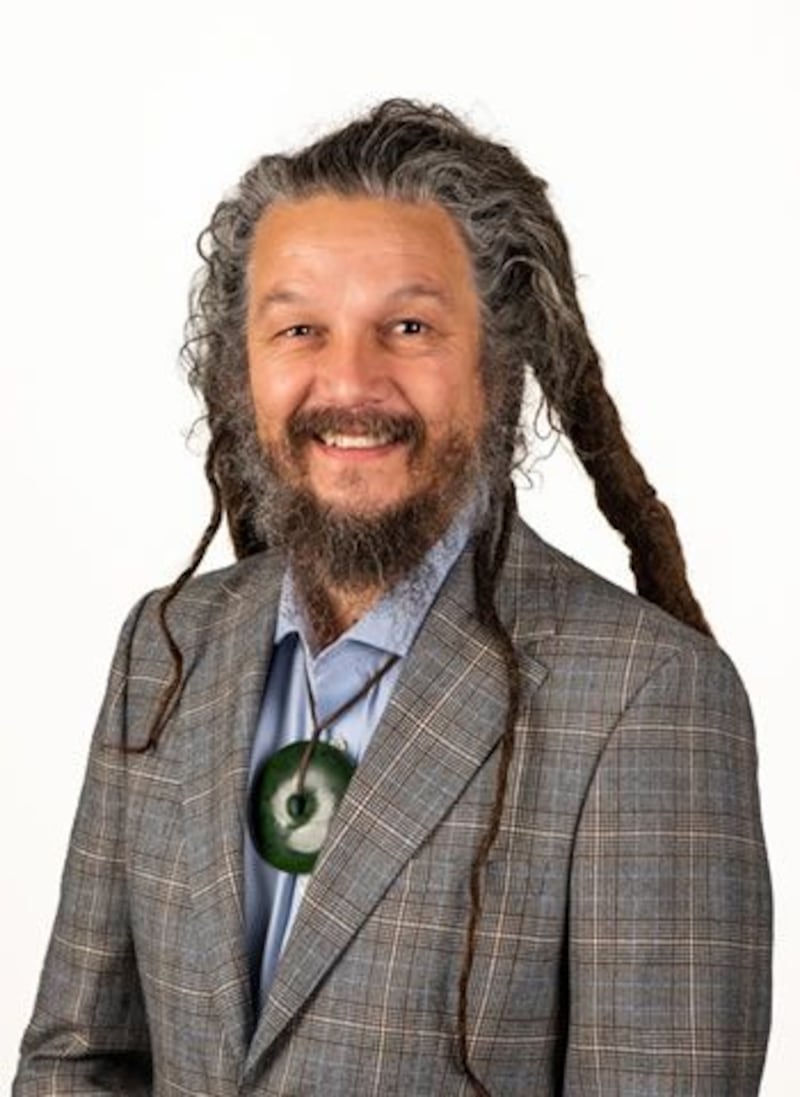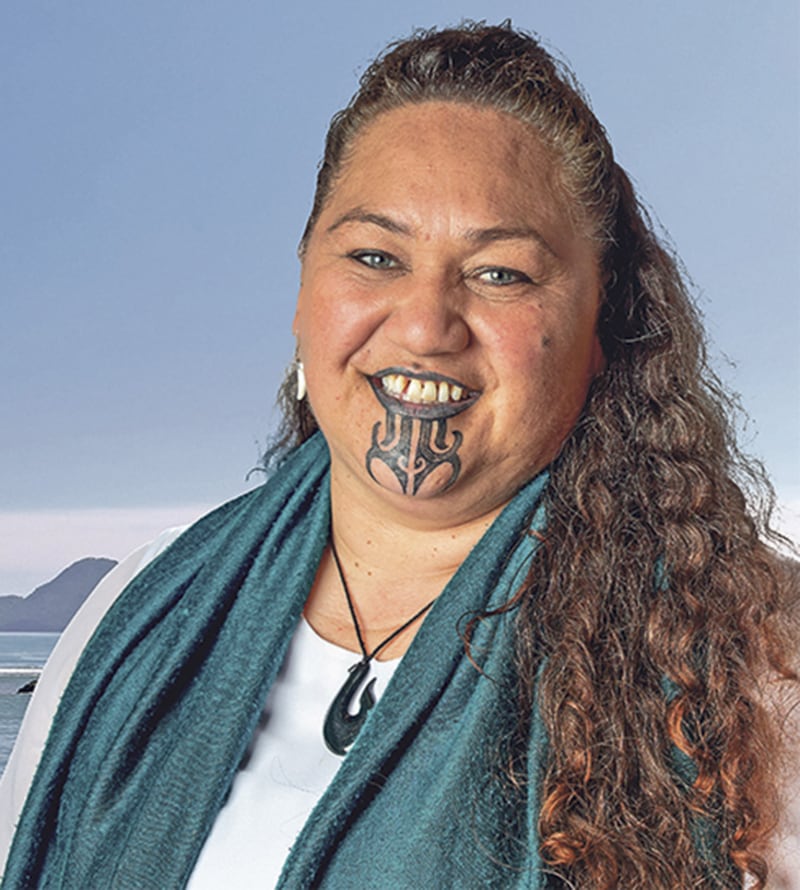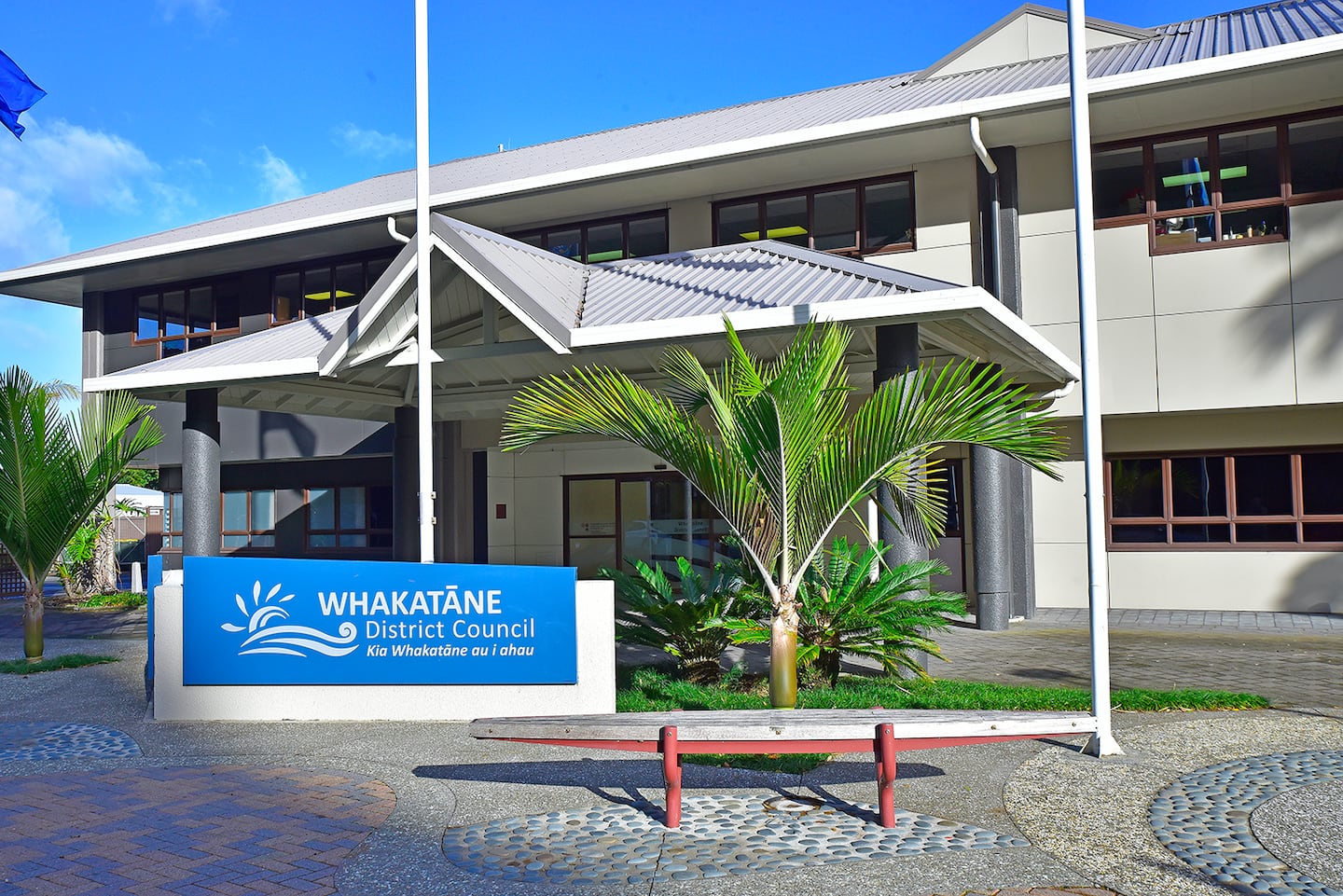Whakatāne district councillor Nandor Tanczos has denounced new Māori wards legislation and asked the council to seek legal advice about the consequences of not holding a poll at next year’s election.
The unanimous vote to retain Māori wards was a foregone conclusion at a Whakatāne District Council meeting yesterday, with the council having previously indicated its intentions.
Deputy Mayor Lesley Immink said the council’s three Māori ward councillors had “huge value around the table with the decision making”.

“They bring networks that connect us to the wider Māori community, not just with the rūnanga.”
Whakatāne is one of 45 councils required by new legislation to either hold a binding poll at the 2025 local government election or remove Māori seats from next year’s election altogether.
The councils are legally required to decide by September 6.
If more than 50 percent of voters are against Māori wards in next year’s poll, the next opportunity to introduce them, according to current legislation, will be after the 2031 election.
Tanczos raised the fact that Palmerston North City Council, which also wanted to retain Māori wards, was looking into the implications of refusing to hold the poll.
He asked that Whakatāne council do the same.
“It seems to me that there will be a number of councils that might want to protest this legislation and that would be one way of doing it,” he said.
“We’re doing this under duress. We already made our choice to establish Māori wards in 2021 and the Government is requiring us to take action, which we wouldn’t voluntarily have done.

“The three Māori ward councillors sitting around this table, Tu O’Brien, Ngapera Rangiaho and Toni Boynton, their contributions have been substantial and valuable to this council.
“Anyone who has had doubts about whether Māori wards are a good thing, those doubts must have been completely dealt with.
“This legislation isn’t just taking us back to the status quo we had before, it’s adding another level of requirement onto us, and I denounce it.”
The council agreed to seek legal advice over the issue, while also voting to hold the poll.
Councillor Toni Boynton questioned whether the timeframe to decide had affected the council’s ability to consult with local iwi.
She noted that Ngāti Whātua had brought a judicial review against the Kaipara District Council for not consulting with Māori on its decision to disestablish Māori wards.
Staff confirmed that if the council had wanted to go through a consultation process before making a decision, they would not have been able to meet the legislative timeline.
Boynton acknowledged the courage of the council in recent years to support the establishment Māori wards, which had been the culmination of a 20-year dream for some.
“In 2017, on November 14, a decision was made to establish a Māori ward and that was quite a close decision.”
That decision had been overturned by a referendum demanded by a petition, before the Labour Government changed the law to remove the ability for the public to petition for a referendum.
Boynton said through the efforts of many in the community, including some non-Māori who rallied in support, that referendum had been one of the closest in the country.

“Then in 2021, with the unanimous decision of establishing Māori ward seats, we were able to have that dream realised.
Immink said 53 percent of the district was Māori.
“There’s a sense of loss from some people that Pākehā are losing power, for some reason, if we’ve got more Māori sitting around the table. But it’s actually about representation that better reflects our community.”
Immink hoped a poll might have an outcome in favour of Māori wards.
“In the 2016 poll, there was a 35 percent differential between those that supported and those that didn’t. In 2019 that had shortened up to 10 percent.
“I really like to think that if we go to poll that it will be overwhelmingly in support for Māori wards to continue.”
Local Government Minister Simeon Brown told LDR this week that the Government’s changes were about restoring democracy.
“All three parties were clear before the election that reversing the previous Labour government’s changes to local electoral law would be a priority.”
Local Democracy Reportng is local body journalism funded by RNZ and NZ On Air

